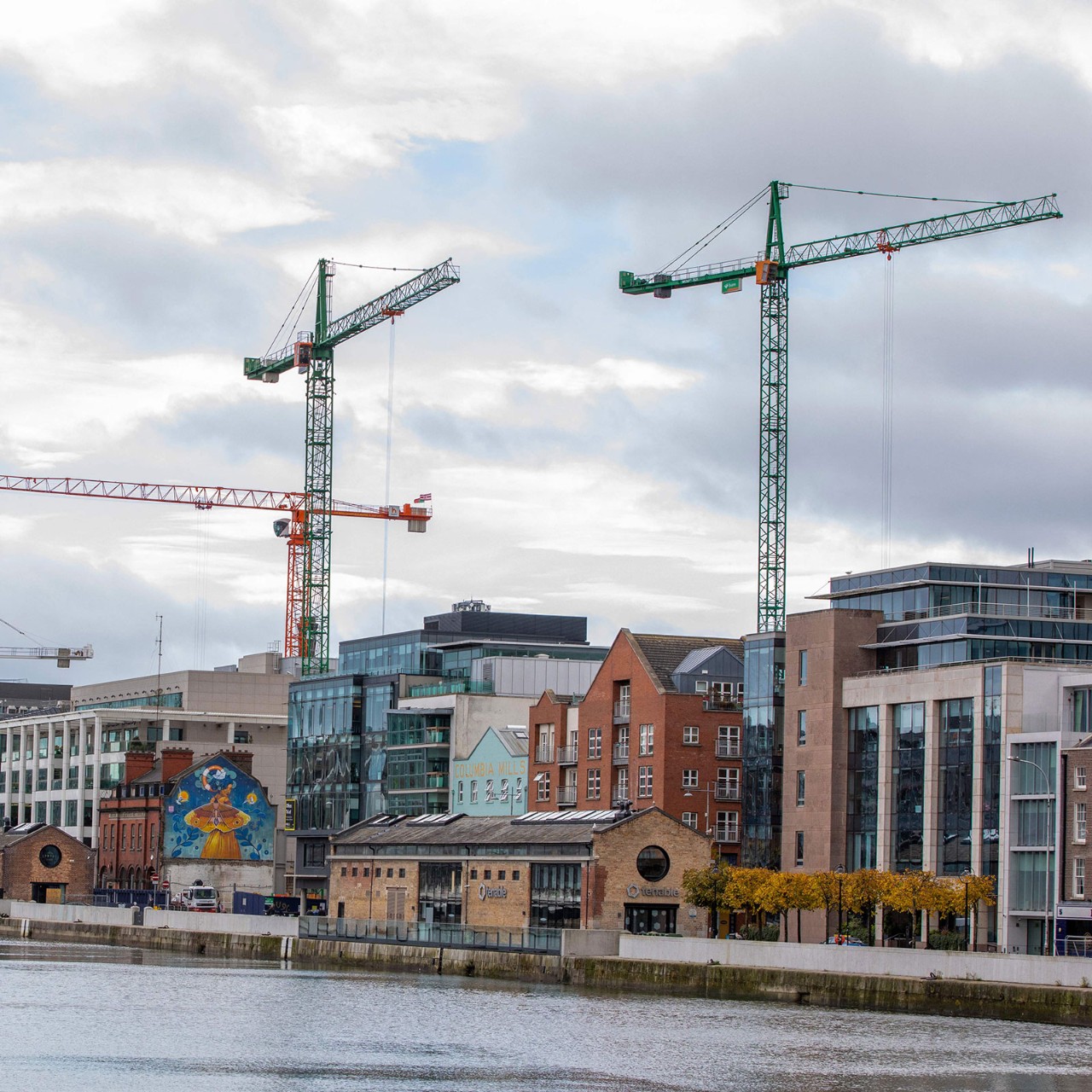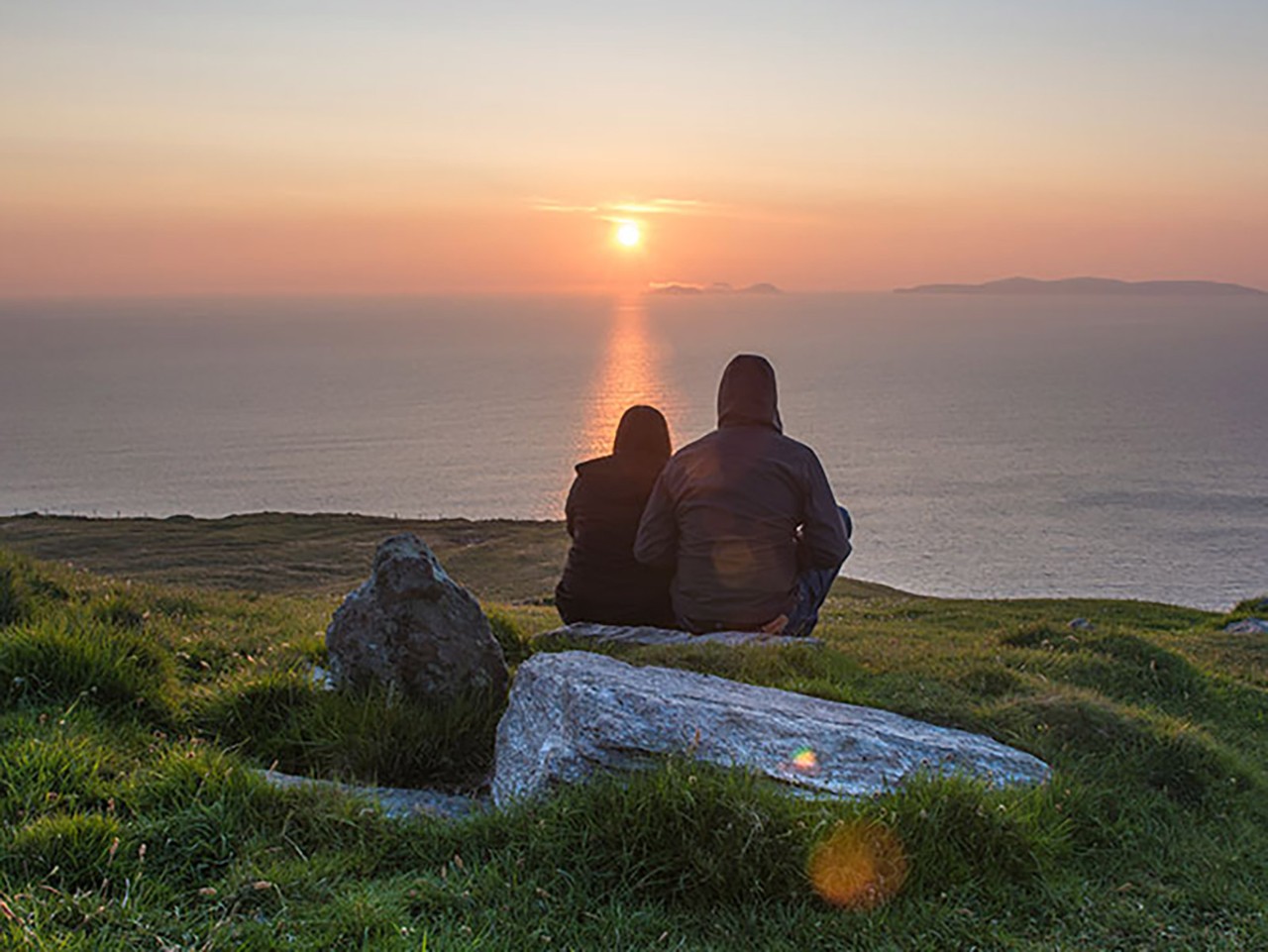
The impact of Covid-19 on SMEs across Ireland has been a cause of concern since the pandemic began. In late 2020, Tom Maguire FCCA, tax partner at Deloitte and a member of ACCA Ireland’s Business Leaders’ Forum, spoke to business leaders to find out how they had adapted to this major economic challenge. The resulting book Crisis: 25 Business Leaders on Surviving in Troubled Times was published in January 2021, with all royalties going to Our Lady’s Hospice, Dublin.
'I was taking action and showing leadership. Instead of living in the problem I was living in the solution'
Maguire was joined by four interviewees from the book in September 2021 for an ACCA Ireland online event on crisis management by small and medium-sized businesses, hosted by the Business Leaders’ Forum. The four, who recounted their responses to the challenges of the previous 16 months, were: Rosalind Beere, CEO of Chi Fit; Catherine Fulvio, celebrity chef and proprietor, Ballyknocken House, Co Wicklow; Samantha Kelly, social media guru; and Jim Power, economist.
Maguire explained how he had divided his analysis of approaches to crisis in the book into five elements:
- the ‘WTF’ moment, when leaders first reacted to the impending crisis
- the ‘leadership’ moment, when the instinct to address the crisis came to the fore
- the ‘improvise, overcome and adapt’ period, when new strategies were put in place
- the financial approach, which assessed how access to different resources helped businesses to survive
- the ‘looking back and looking to the future’ conclusion, where lessons learned and new thinking were assessed
First responses
Beere had been in business for three years when the pandemic struck. Although she had established a strong online presence, she was at that point focused on expanding into catering. ‘Quite quickly, I realised that would have to be paused. However, while this side of the business was going to contract, online became buoyant as people were working at home more.’
Beere also found her lecturing work could continue online. ‘I was grateful I had multiple streams of income that buffered me. I believe the portfolio approach is something people need to look at more in life.’
Like Beere, Power has taken a portfolio approach to his career, with the speaking circuit key to this. When the first lockdown was announced, he felt the impact straightaway. ‘Twenty-five events I was due to speak at were cancelled. It was before Zoom, and I suddenly saw a massive stream of income disappear. I immediately looked at every cost I had and eliminated those I would have to live without.’
Fulvio also found the ‘rug was pulled from under my feet’, as tourism and hospitality faced the brunt of the pandemic. With businesses being encouraged to seek out new sources of revenue, Fulvio described how she quickly contracted an aversion to the concept of ‘pivoting’. ‘You can’t just change what you do, and trying to do so could be the worst decision you ever made. I didn’t open up the cookery school in a week, so I couldn’t pivot in a week.’
Her business ultimately developed new income streams by focusing on what it was good at. ‘We knew that we could grow, cook, and teach. That’s what we built our new model on.’
Meanwhile Kelly quickly used her knowledge of digital platforms to help people adjust to the new reality. ‘I thought I should connect people who were self-isolating with people in their area, and ended up featuring on the main evening news as a result. Really, all that happened was that I was taking action and showing leadership. Instead of living in the problem I was living in the solution.’
Lines of communication
All four panellists identified the theme of communication as significant during the pandemic. Fulvio pointed out: ‘If your customers don’t hear from you, they might feel you have abandoned them. It was really important to let them know we were still here.’
Beere thought that people had opened up and reached out much more during the pandemic. ‘The discussion of how we are coping is becoming much more important. We are being more open about ourselves.’
Kelly added: ‘People are more open to listening, and that has become a very strong leadership trait.’
‘For any business, the risk was that, hit with this shock, you went into hibernation,’ Power said. ‘Those who reacted and created something different ensured their survival and are now coming out the other end.’
Positives
Looking to the future, Power said he was optimistic for Ireland. ‘We have built up €134bn in personal savings, the highest level ever in this country. Now as we reopen, those savings will come back into the economy like a tsunami.’ While he agreed price pressures were an issue, he added: ‘It’s a transition from crisis to normality, and we will work through them.’
Beere also saw positives from the pandemic for her business. ‘It forced me to look at where future growth was and to refocus and recentre. The crisis made us reassess ourselves and caused me to reassess my business.’
Fulvio likewise thought the pandemic had offered an opportunity to learn new skills and opened up new markets. ‘I learned that some parts of the business had been supporting others. It forced us to make decisions.’
Kelly concluded that the pandemic had led her to invest in herself and find new ways to do what she was good at: ‘building relationships and connecting the dots between people’. Looking to the future, she said the culture of wellness and care should translate into supporting local businesses. ‘In Ireland, we should be celebrating our SMEs more. Let’s do what we can to help them recover and thrive. It’s been extremely tough and now more than ever let’s support one another and be kind.’
ACCA events
ACCA offers a wide-ranging programme of events throughout the year, many of which qualify as CPD for members who attend. You can find details here.




